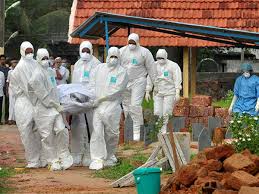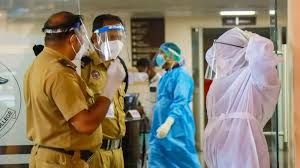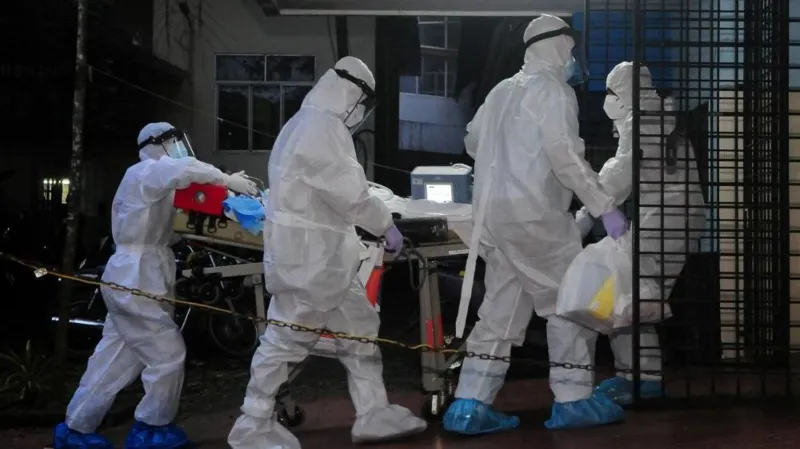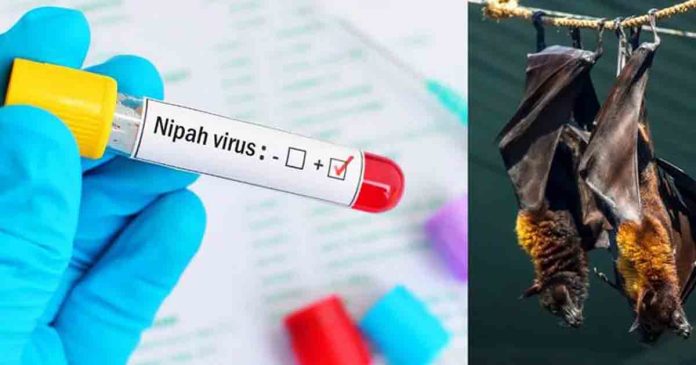In a concerning turn of events, health authorities in Kerala, India, have issued an urgent alert after the Nipah virus claimed the life of a 14-year-old boy. State Health Minister Veena George reported that an additional 60 people have been identified as high-risk and have undergone isolation and testing. Residents are advised to wear masks in public and avoid hospital visits to curb the virus spread.
The Nipah virus, a zoonotic illness transmitted from animals like pigs and fruit bats to humans, is classified by the World Health Organization (WHO) as a priority pathogen due to its epidemic potential. Initial symptoms include fever, headaches, muscle pain, vomiting, and sore throat, which can progress to dizziness, drowsiness, altered consciousness, acute encephalitis, atypical pneumonia, and severe respiratory problems.
With no specific treatment or vaccine available, the mortality rate of the Nipah virus is high. Supportive care is the primary mode of treatment. The virus spreads through contaminated food and close contact with infected individuals, exacerbated by habitat loss pushing animals closer to human populations.
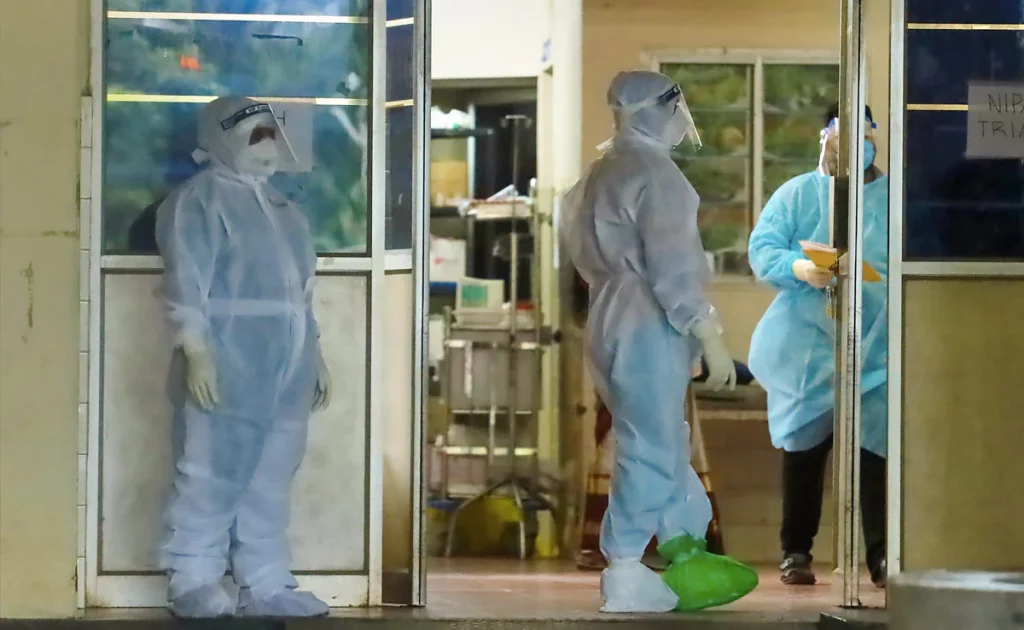
Kerala has experienced multiple Nipah outbreaks, with significant cases in 2001, 2007, and a major outbreak in 2018, resulting in 17 deaths in Kozhikode and Malappuram districts. The recent death of the 14-year-old, who succumbed just a day after being diagnosed, highlights the urgent need for preventive measures.
In response, the Kerala state government has announced an action plan to prevent further outbreaks. Last year, authorities closed schools and offices following five confirmed cases. Rapid urbanization and tree loss in Kerala create ideal conditions for viruses like Nipah to thrive, making the state particularly vulnerable.
